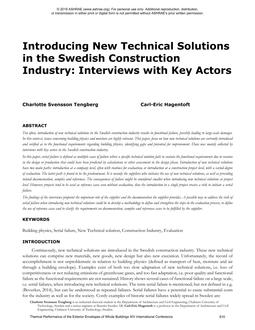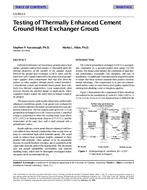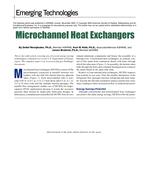Although the use of a piezoelectric transducer has transformed a traditional range hood to a self-contained one and give it real-time performance on the detection of cooking fumes that is never achieved by the temperature and the optic sensors commonly used for continuous ventilation in the kitchen, the exhaust flow rate controlled precisely without unnecessary running noise and power consumption on the basis of reliable estimation of the amount of plume-like cooking fumes is still desired. In this study, the hardware of the self-contained range hood equipped with twelve piezoelectric transducers is developed first. It gives reliable estimation about the cooking fumes and can be used as a general material to implement preferable range hoods with acceptable costs. Then, a cheap but effective method to examine the escape of cooking fumes is presented. This method helps to determine the proper exhaust flow rate for the released amount of cooking fumes detected by the employed transducers. Finally, the performance on the detection of cooking fumes is inspected with a series of analyses proposed here in order to save the number of transducers objectively and reasonably.
With the implementation in this study, cooking fumes can be detected immediately and estimated properly within four sampling periods that is about 23.8 ms. Then the self-contained range hood removes the cooking fumes with proper exhaust flow rates instead of the full one. As a result, the noise reduction or the energy saving can be reached up to 39.53%.
Units: SI
Citation: ASHRAE Transactions, Vol. 116, pt. 1, Orlando 2010
Product Details
- Published:
- 2010
- Number of Pages:
- 9
- File Size:
- 1 file , 870 KB
- Product Code(s):
- D-OR-10-062


